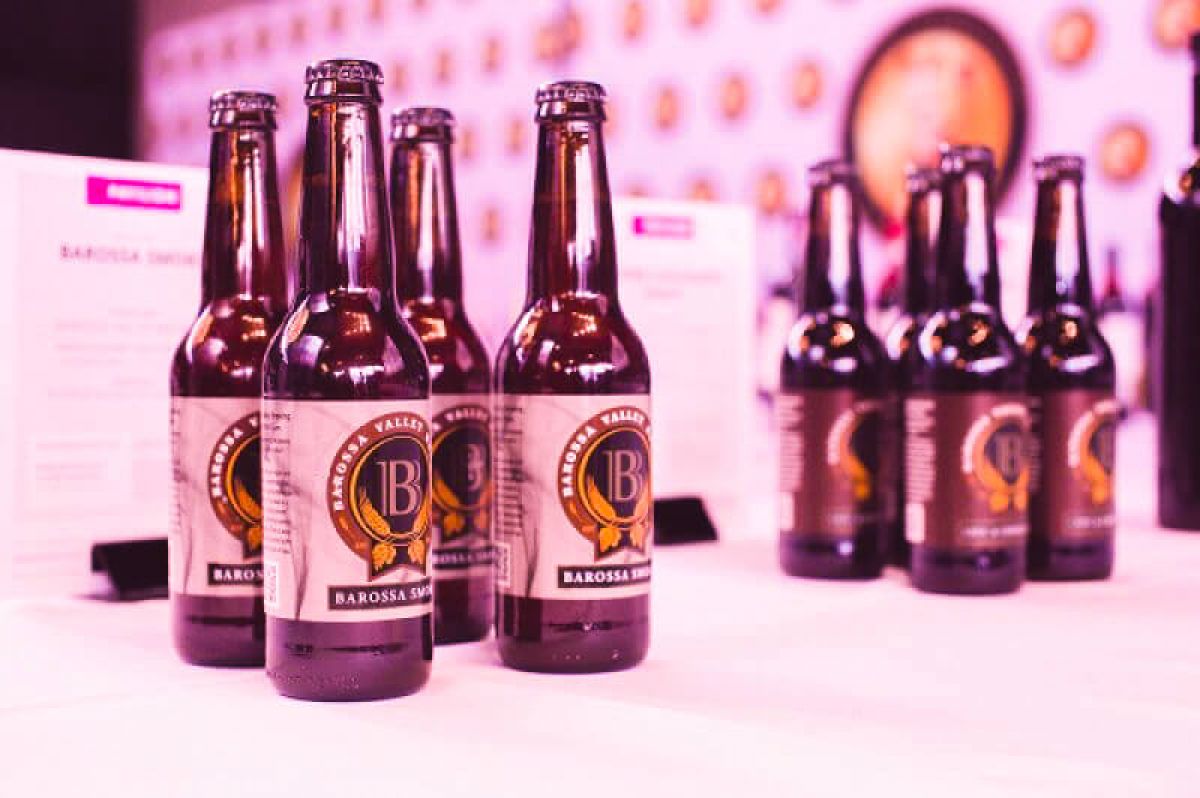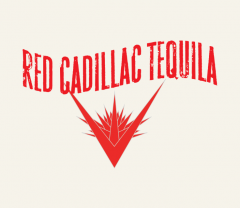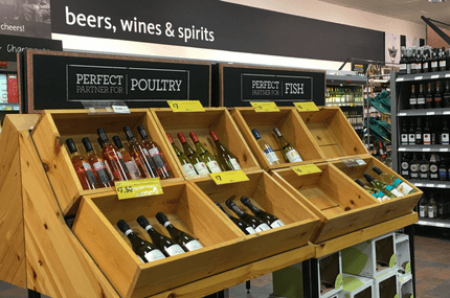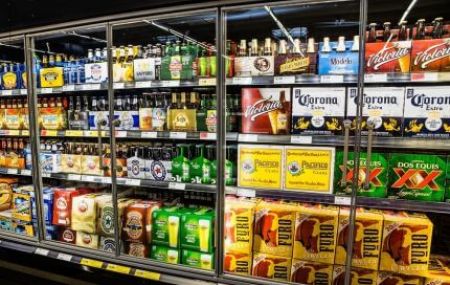Sommeliers Choice Awards 2025 Winners
Brewing Success: 10-Point Distributor Checklist for Craft Breweries
A few years ago, craft brews were exceptional. Today there are many more craft breweries in the US, each telling their own story with their unique brew. What are the key items you need to check off your list to be picked up by a distributor?

From the home brewer to the small- or medium-sized craft brewery, one thing all beer folks share is passion. While passion may help you get your start in the beer world, it’s not enough to elevate your brand to the next level and put it in front of consumers. To do that, you need a distributor. And while passion is key in scoring that relationship, you’re going to need much more in order to seal the deal.
What does a distributor look for in a craft brand? This 10-point checklist will help sum of some of the key factors that cause distributors to give new brands a chance.
1. Excellent Quality
It may seem like a given, but it would be absurd not to emphasize how much distributors seek out really good beer. In such a saturated beer market, there is a large number of truly amazing brands out there. Your beer has to be more than just good—it needs to be absolutely exceptional to stand out from the crowd.
2. Striving for Consistency
When it comes to craft beer, quality is about more than perfecting an amazing product. It’s also about consistency and delivering top-notch quality with every batch, for every sip, in every can, bottle, and keg that goes out. It only takes one bad experience to lose a consumer forever.
3. Shared Company Values
The next thing a distributor will look at is your company’s values. They want to know if they can get along with you. Do you think the way they do? Do you share the same vision?
They’ll want to understand what your brand identity is, as well, so be sure you have a strong one and are able to effectively communicate it. Have an elevator pitch ready to go. A distributor will only want to take on a brand that they feel their consumers will be able to connect with.
4. Attractive Numbers
A distributor will also look into your footprint and growth trajectory. Are you looking ahead? What plans do you have for the long-term? If so, what strategies do you have in place in order to achieve long-term success in a highly competitive and fast-paced market? A distributor doesn’t want to do a lot of work for a brand only to have them suddenly pull out of their market.
5. Fitting into a Niche
In order for any distributor to take on a new brand, it has to be something unique that fits a niche in the market. They don’t want to bring in beer that’s similar to another brand they’re already promoting.
As the market gets more and more crowded, it’s getting harder to fill those niches. Brewpubs can do quite well on their own, as they can focus locally and sell directly to the consumer. In the current market, it’s mid-sized breweries that are working hard to get a foothold and gain brand recognition. They’re the ones who have to take on a fresh perspective, look at what’s already out there, and figure out what new offering they can bring.
6. Being Educated About What You Want From Your Distributor
Beyond simply getting your brand out there, what would you like from your distributor? If you know this before placing that first phone call or stepping into your first meeting, you’ll make a stronger and better impression. Your distributor wish list should include things like open communication so that both teams can easily relay information to each other. Transparency is also important. Shared core values are key, especially if you have a strong brand identity and company philosophy.
7. Having a Clear Strategy

A big thing that a distributor will look for as they have their initial discussions with you is whether or not you really know what your company is. Yes, of course—you make amazing beer. But beyond that, where are you going? They’ll be looking to see if you have a long-term strategy and what your expectations are for the next several years.
Brewers that walk in without a concrete plan are a real turnoff to a distributor. You must demonstrate a real commitment to your dream and have ideas about the direction in which you’re headed. Know how many cases you’d like to sell. Discuss promotional events you’d like to plan in order to educate consumers. Know how much beer you can realistically produce. Provide specifics around pricing and your launch into the market. Leave them with no doubt about who you are and where you’re going.
8. Send Fresh Samples
This seems like it would go without saying, but you must…MUST…send fresh samples to potential distributors. Too many times, breweries send beer that is flat, oxidized, and a horrible representation of their quality. You only get one shot to make a first impression on a distributor; don’t blow it. Send the best beer you possibly can.
9. Flexibility
One factor that’s incredibly attractive to a distributor is when a craft brewery is ready to hit the ground running and has plans about how to get out there, hold events, go into the streets, and educate consumers about their new product. Even if your brewery doesn’t have a huge sales team or marketing department, getting a few of your people out there is important. Especially with smaller craft breweries, this helps give your brand credibility.
Know that a distributor’s strategy for their breweries isn’t one-size-fits all. They may not try to get your brand into 1,000 accounts. They may decide that it’s best to target your product into a few select accounts. Let them look at the accounts they have and figure out which ones work best for small- or medium-sized players. They will also leverage accounts with which they have a strong relationship. Trust their expertise and let them use it to help you.
10. Ability to Absorb Feedback
Sometimes you will walk away from that first meeting with a “no” ringing in your ears. Your behavior after a rejection matters just as much as your behavior after scoring the deal. A distributor will judge you on your ability to listen to constructive criticism and make changes. Listen to what they have to say. They can provide you with invaluable advice on quality control, packaging, and other tips to help you create a better product that will reach and resound with consumers.
Even if a distributor isn’t interested in your brand at this time, hear what they have to say and work to make improvements. A “no” now doesn’t mean a “no” forever. If you have a good product, pick yourself up, make changes, tweak your presentation (making sure you’ve covered the items in this checklist), and try again.






















